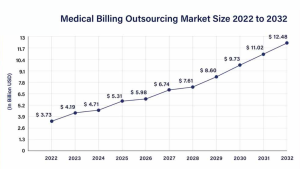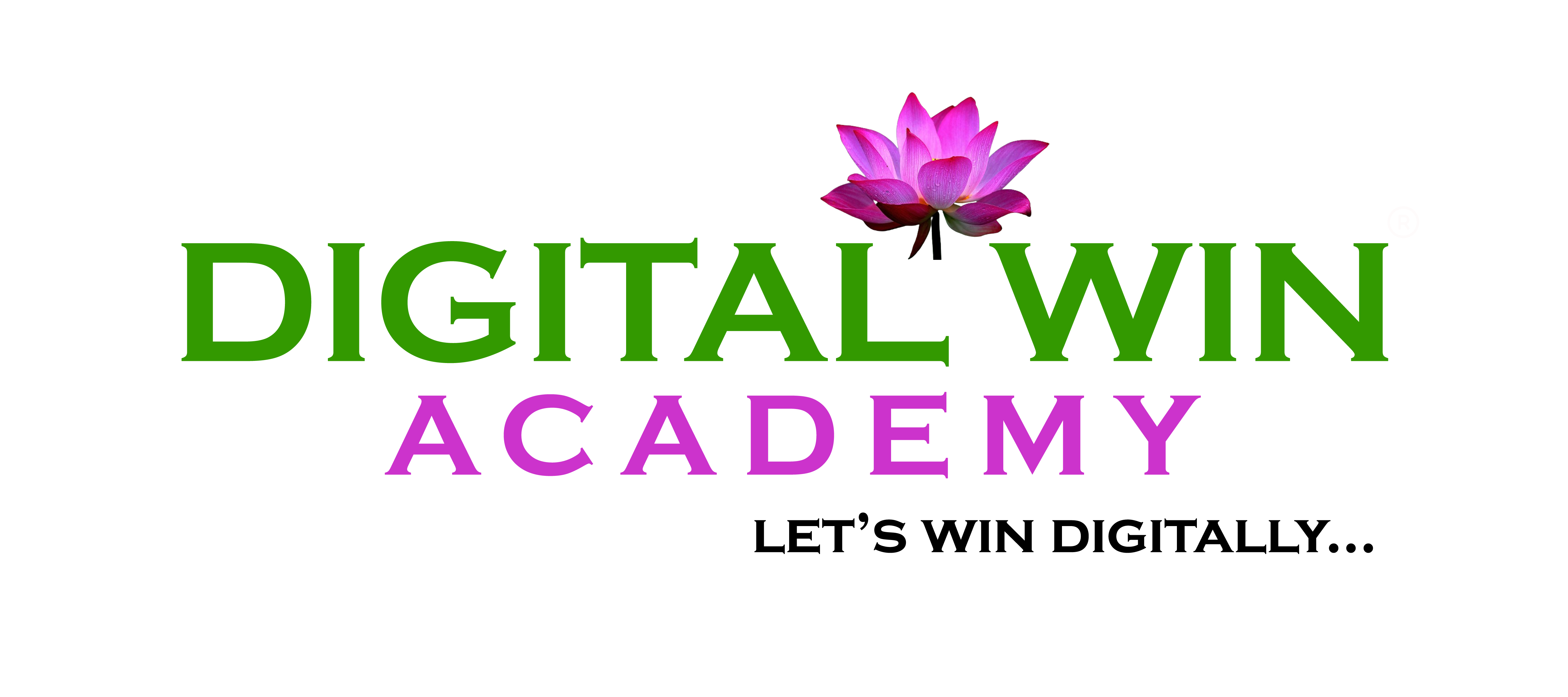The medical billing sector is expanding. The global market was valued at USD 14.2 billion in 2022 and is expected to increase to USD 31.19 billion by 2030, with a compound annual growth rate (CAGR) of 11.9% over the forecast period (2023-2030). The healthcare industry has undergone a constant development in recent years. These changes transform us, notably in terms of scientific discoveries, insurance provider policies, and patient privacy. As a result, emerging technologies will have unique chances to assist in the critical medical billing and coding industry’s survival. Let us debate the future of medical billing in this blog, including developing trends and technologies.
What is the Importance of Medical Billing ?
The field of medical billing is constantly evolving. Every year, new legislation, standards, and guidelines are implemented, so medical billing professionals must stay current on the latest advancements. Without frequent training and instruction, billing errors and claim denials can occur, leading in lost income and unsatisfied patients. In this post, we’ll look at the value of ongoing medical billing education and how it can lead to success. Medical billers frequently work directly with insurance companies and patients, but medical coders rarely do so.
Why choose Medical Billing
Choosing a career as a medical coder can be appealing for a variety of reasons, including the demand for skilled coders in the healthcare industry, the possibility of remote work, the importance of the role in ensuring accurate billing and regulatory compliance, and the potential for career advancement within the field. A medical billing and coding specialist is in charge of translating a patient’s information into medical codes utilized by insurance companies. These specialists do a crucial job. They ensure that insurers reimburse healthcare providers, allowing patients to receive necessary medical care.
Career Growth in Medical Billing:
 The expansion of industries such as healthcare and insurance has a significant impact on the demand for medical billers. The Indian healthcare sector has grown substantially quicker in the last five years, with a CAGR of 22.52 percent. According to these developments, the current career prognosis for medical billers is fairly favorable. Healthcare is one of the most rapidly increasing industries for job seekers. Even if you are not interested in patient care, you can work in the flourishing healthcare industry by pursuing a career in medical billing and coding. Medical billing and coding plays an important administrative role in the healthcare industry.
The expansion of industries such as healthcare and insurance has a significant impact on the demand for medical billers. The Indian healthcare sector has grown substantially quicker in the last five years, with a CAGR of 22.52 percent. According to these developments, the current career prognosis for medical billers is fairly favorable. Healthcare is one of the most rapidly increasing industries for job seekers. Even if you are not interested in patient care, you can work in the flourishing healthcare industry by pursuing a career in medical billing and coding. Medical billing and coding plays an important administrative role in the healthcare industry.
CURRICULUM
Course Overview
- Introduction to Medical Billing
- Objectives and Outcomes
- Role in Healthcare
- Target Audience
- Delivery Methods
Core Topics and Modules
- Medical Terminology and Coding Basics
- Billing Procedures and Practices
- Insurance and Payer Policies
- Compliance and Regulatory Requirements
- Electronic Health Records (EHR) and Billing Software
Practical Skills and Applications
- Claims Processing
- Billing Cycle Management
- Patient Billing and Collections
- Error Identification and Resolution
- Financial Reporting and Analysis
Certification and Career Preparation
- Certification Exam Preparation
- Career Opportunities
- Resume Building and Interview Skills
- Continuing Education and Professional Development
- Professional Organizations and Networking






